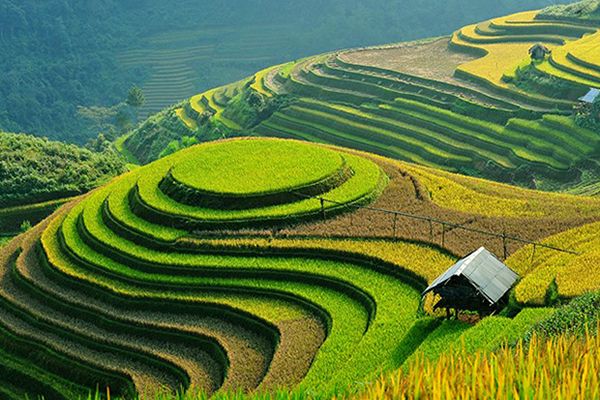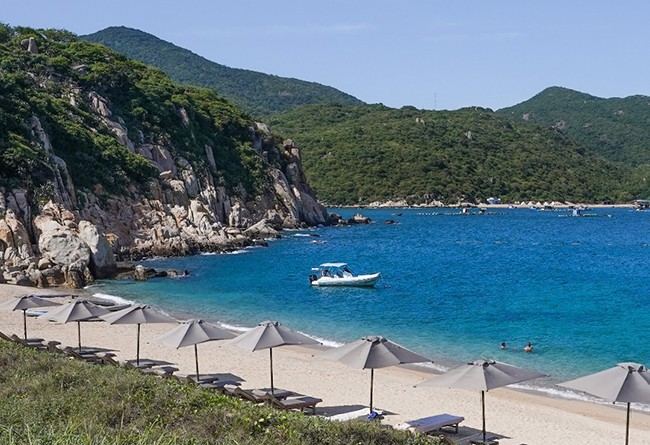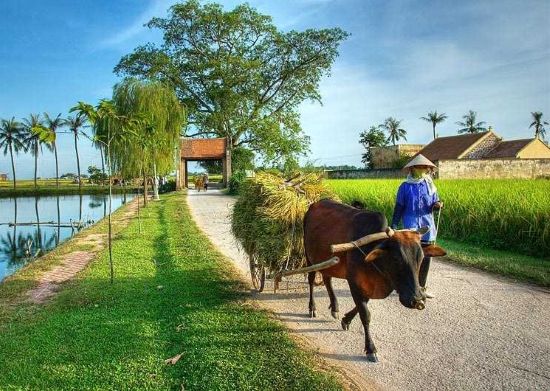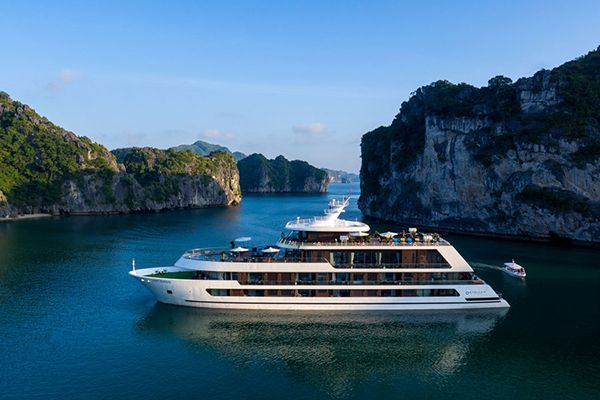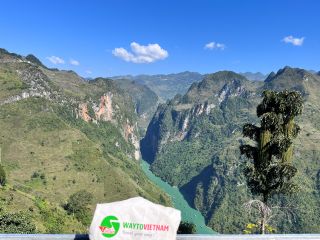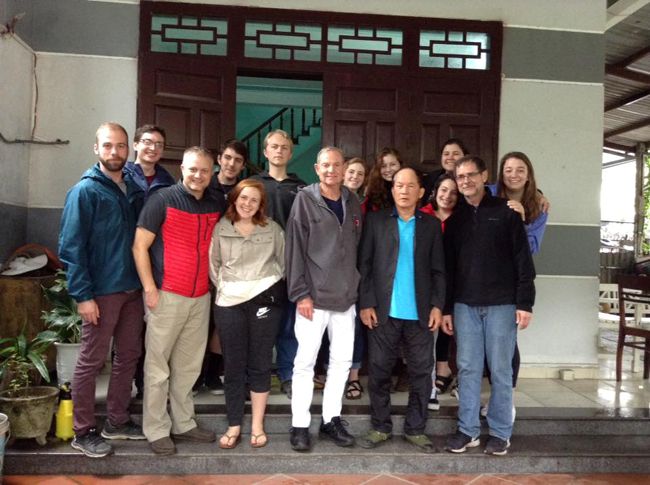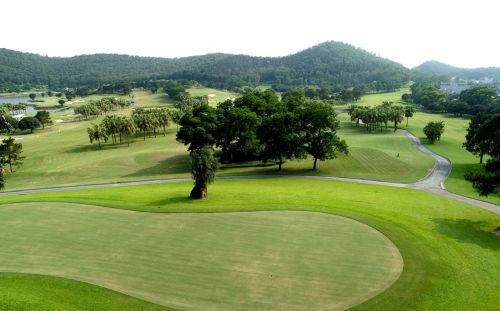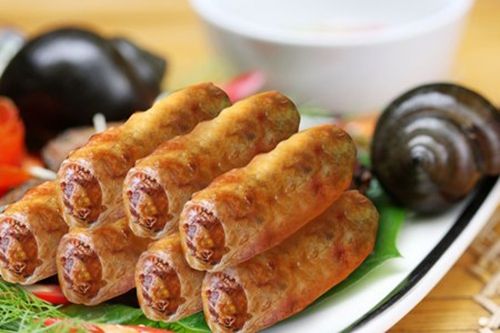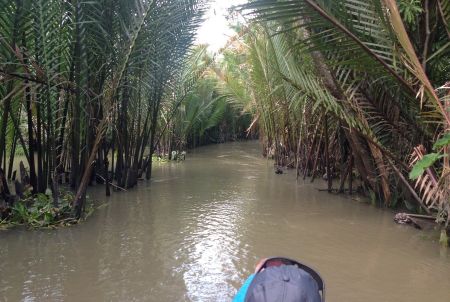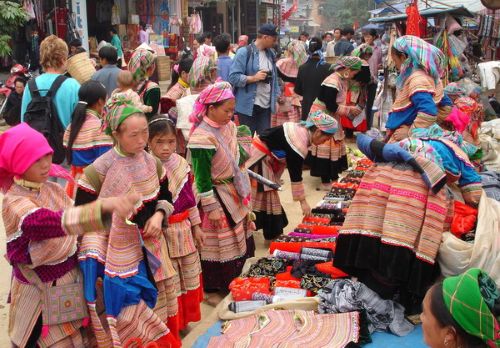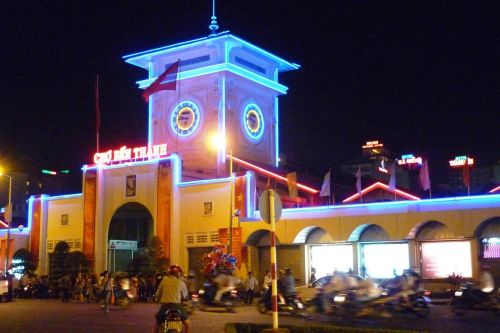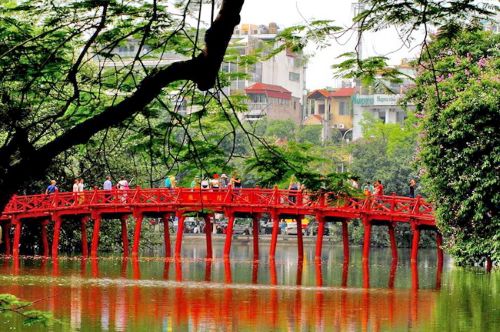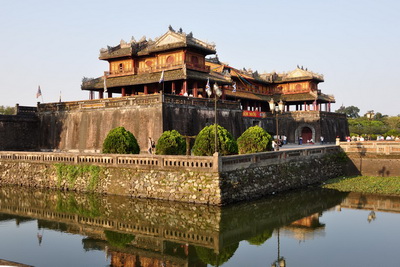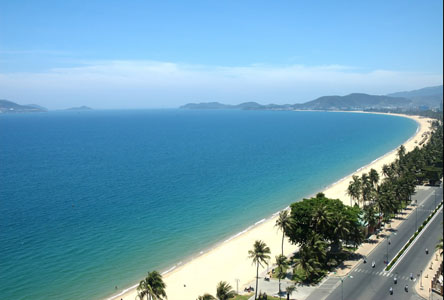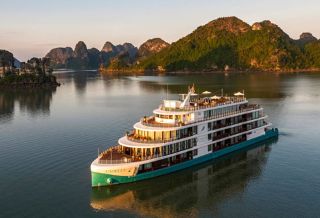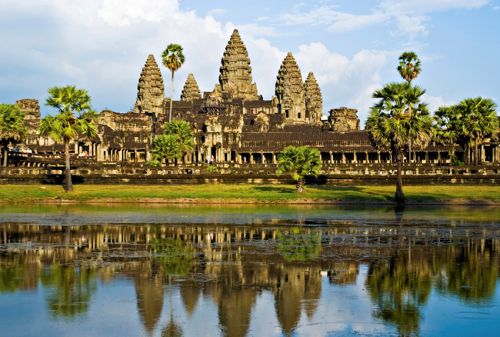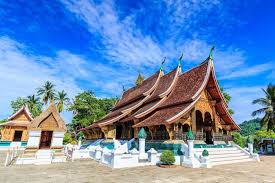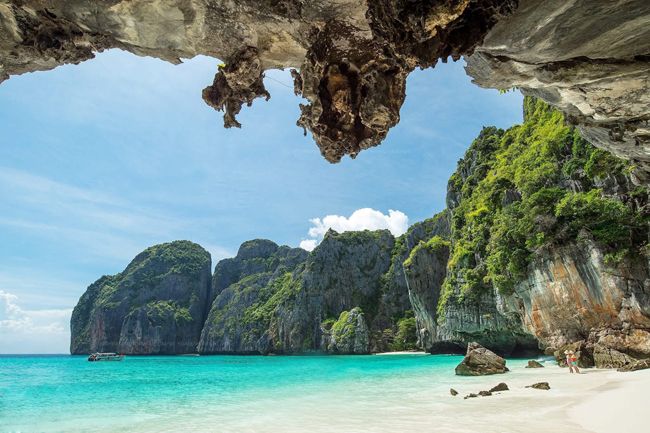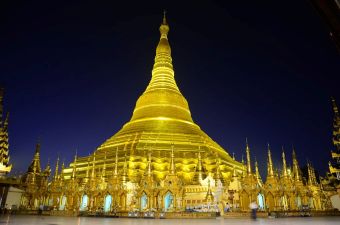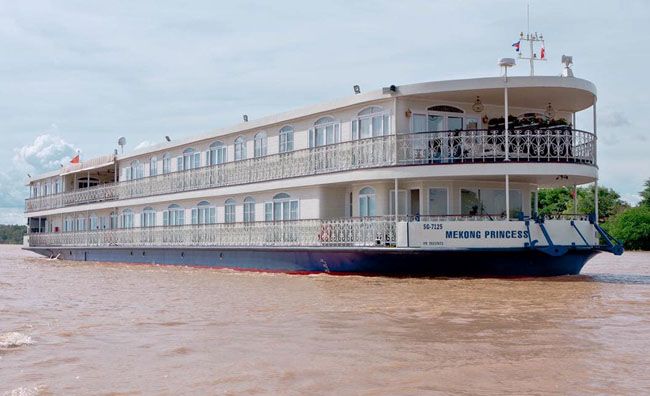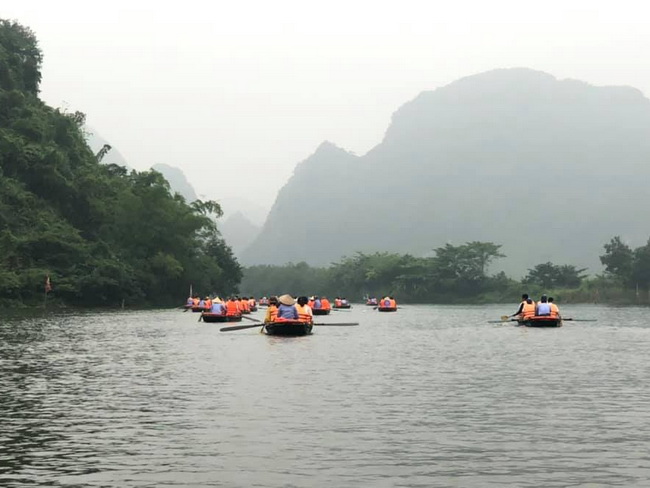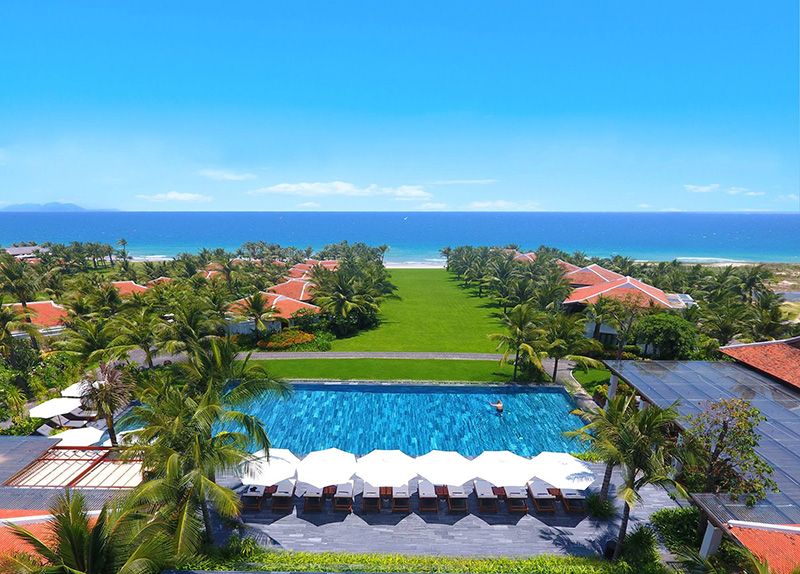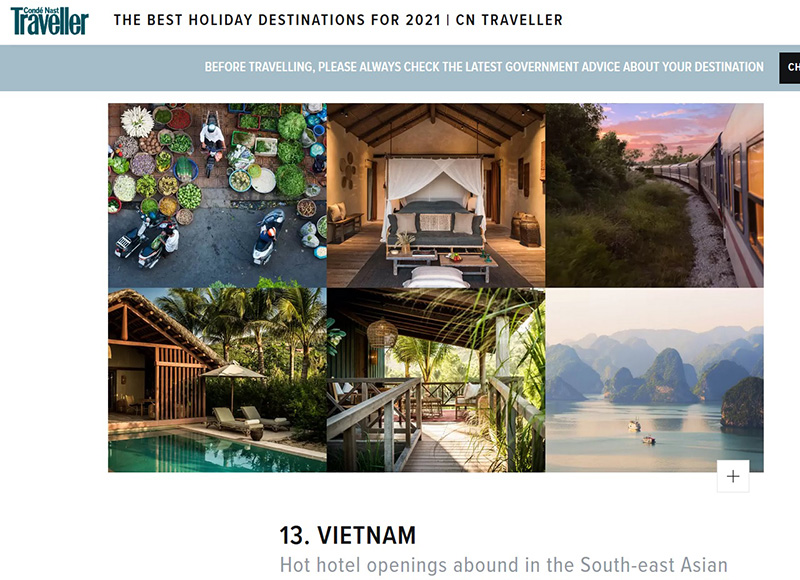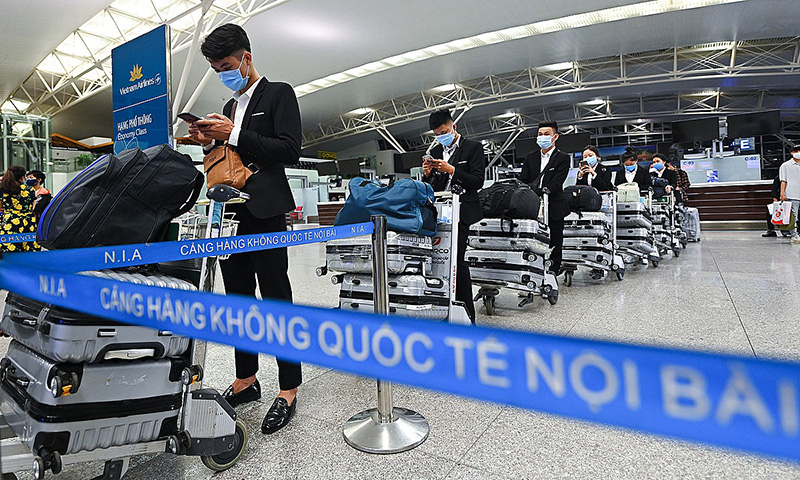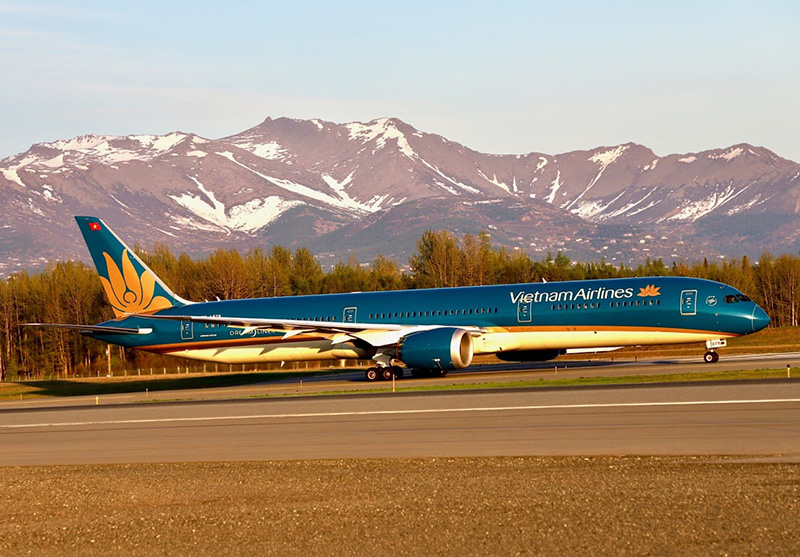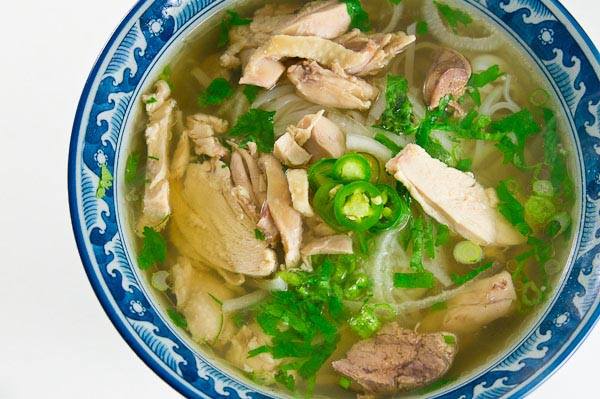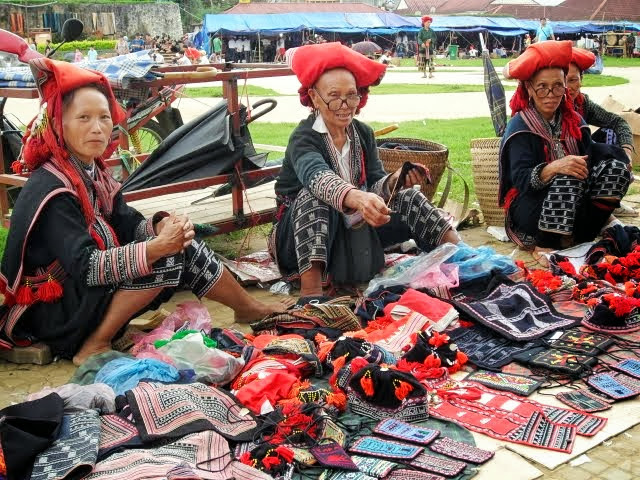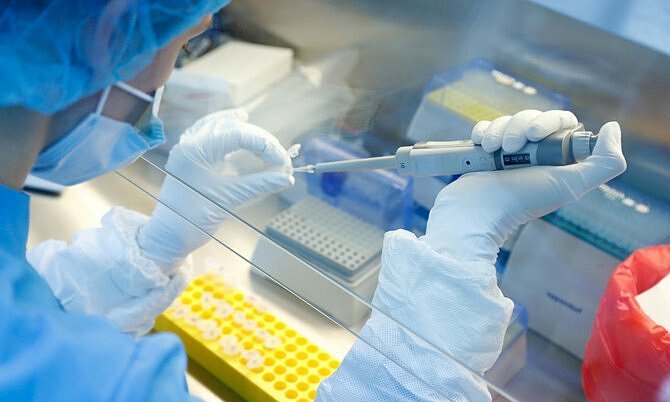HCM City all Set for Tourism Revival
The HCM City Department of Tourism has launched its largest ever tourism communication and stimulus campaign, ‘Hello HCM City,’ in an effort to kick-start the tourism industry, which has been hit hardest by the COVID-19 pandemic.
It targets making the city a leading metropolitan tourist destination in Asia.
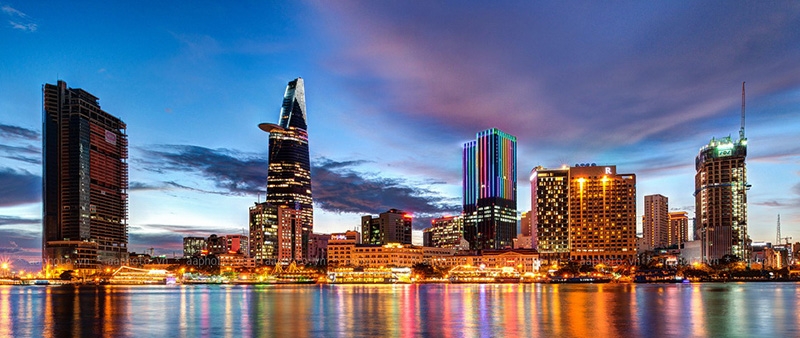
Ho Chi Minh City at night
Vo Thi Ngoc Thuy, deputy director of the department, speaks about the campaign and preparations for the revival of domestic and international travel.
Can you tell us about the main features of the campaign?
The campaign starts at the beginning of this month and will run until January next year. It is aimed at promoting the city as a safe, vibrant and friendly destination through a series of digital communication products and tourism promotion events.
It will help stimulate domestic travel demand after the COVID-19 pandemic is brought under control in Vietnam.
A three-minute tourism video, a travel photo album and the song “Hello HCM City” composed exclusively for the campaign showcase the essence of the people, landscapes and unique cultural and historical values.
The digital communication products highlight five aspects of the city’s tourism -- futuristic, open, youthful, colourful, and exciting -- and inspire city residents to explore its historic and culture complexities.
They have been posted on social channels and websites of travel companies.
A series of cultural and tourism events will be held this year, including the Áo Dài (Vietnamese traditional long dress) Festival to be held this month and the Techcombank HCM City International Marathon in December.
Conferences on travel linkages between HCM City and provinces in the north-western, north-eastern and central regions are slated for the fourth quarter of this year to promote inter-provincial travel products.
The city’s official tourism identity will be unveiled in the second phase of the campaign.
Many popular bloggers, celebrities and communication companies such as Google and BBC Global are involved in the tourism communication campaign.
The department is planning to launch the second domestic stimulus programme with intensive promotions and new travel products.
Can you tell us about the second domestic tourism stimulus programme?
The first domestic stimulus programme that was launched in May was temporarily halted due to the second wave of COVID-19 that began at the end of July. The stimulus tourism programme achieved remarkable results and gradually revived domestic travel.
Leading travel firms such as Saigontouris and Vietravel had been expecting a record increase in the number of domestic tourists until the second wave of COVID-19 returned in July.
Thanks to effective pandemic containment by the Government, local sentiment for travel has been recovering. The tourism sector in co-ordination with travel firms will promote communication about safe and attractive destinations to restore travel confidence and demand.
Travel businesses have made health and safety the top priority and comply with all safety criteria. Quality of tourism products, new experiences and tailor-made travel arranged to match individual requirements are key factors in attracting tourists.
Tour prices will be as affordable as in the previous stimulus programme.
Tour prices are no longer the decisive factor and customers pay attention to safety and choose high-quality travel products.
Tour packages for businesses, family and friend groups and eco-tourism-related destinations and activities will be mostly offered under the programme.
Domestic travel is expected to recover in the fourth quarter this year and see record numbers next year.
Do you think the communication campaign will help stimulate international travel which is expected to revive early next year?
International travel demand depends on the opening of borders. However, effective communication and marketing efforts and robust domestic demand are good preparations for the rebound in international travel.
The department will work with international partners to carry out its communication campaign in foreign markets at the beginning of next year.
Overseas tourism promotion and marketing activities for next year have been finalised and implementation will begin early next year.

Ho Chi Minh City at night
Vo Thi Ngoc Thuy, deputy director of the department, speaks about the campaign and preparations for the revival of domestic and international travel.
Can you tell us about the main features of the campaign?
The campaign starts at the beginning of this month and will run until January next year. It is aimed at promoting the city as a safe, vibrant and friendly destination through a series of digital communication products and tourism promotion events.
It will help stimulate domestic travel demand after the COVID-19 pandemic is brought under control in Vietnam.
A three-minute tourism video, a travel photo album and the song “Hello HCM City” composed exclusively for the campaign showcase the essence of the people, landscapes and unique cultural and historical values.
The digital communication products highlight five aspects of the city’s tourism -- futuristic, open, youthful, colourful, and exciting -- and inspire city residents to explore its historic and culture complexities.
They have been posted on social channels and websites of travel companies.
A series of cultural and tourism events will be held this year, including the Áo Dài (Vietnamese traditional long dress) Festival to be held this month and the Techcombank HCM City International Marathon in December.
Conferences on travel linkages between HCM City and provinces in the north-western, north-eastern and central regions are slated for the fourth quarter of this year to promote inter-provincial travel products.
The city’s official tourism identity will be unveiled in the second phase of the campaign.
Many popular bloggers, celebrities and communication companies such as Google and BBC Global are involved in the tourism communication campaign.
The department is planning to launch the second domestic stimulus programme with intensive promotions and new travel products.
Can you tell us about the second domestic tourism stimulus programme?
The first domestic stimulus programme that was launched in May was temporarily halted due to the second wave of COVID-19 that began at the end of July. The stimulus tourism programme achieved remarkable results and gradually revived domestic travel.
Leading travel firms such as Saigontouris and Vietravel had been expecting a record increase in the number of domestic tourists until the second wave of COVID-19 returned in July.
Thanks to effective pandemic containment by the Government, local sentiment for travel has been recovering. The tourism sector in co-ordination with travel firms will promote communication about safe and attractive destinations to restore travel confidence and demand.
Travel businesses have made health and safety the top priority and comply with all safety criteria. Quality of tourism products, new experiences and tailor-made travel arranged to match individual requirements are key factors in attracting tourists.
Tour prices will be as affordable as in the previous stimulus programme.
Tour prices are no longer the decisive factor and customers pay attention to safety and choose high-quality travel products.
Tour packages for businesses, family and friend groups and eco-tourism-related destinations and activities will be mostly offered under the programme.
Domestic travel is expected to recover in the fourth quarter this year and see record numbers next year.
Do you think the communication campaign will help stimulate international travel which is expected to revive early next year?
International travel demand depends on the opening of borders. However, effective communication and marketing efforts and robust domestic demand are good preparations for the rebound in international travel.
The department will work with international partners to carry out its communication campaign in foreign markets at the beginning of next year.
Overseas tourism promotion and marketing activities for next year have been finalised and implementation will begin early next year.

